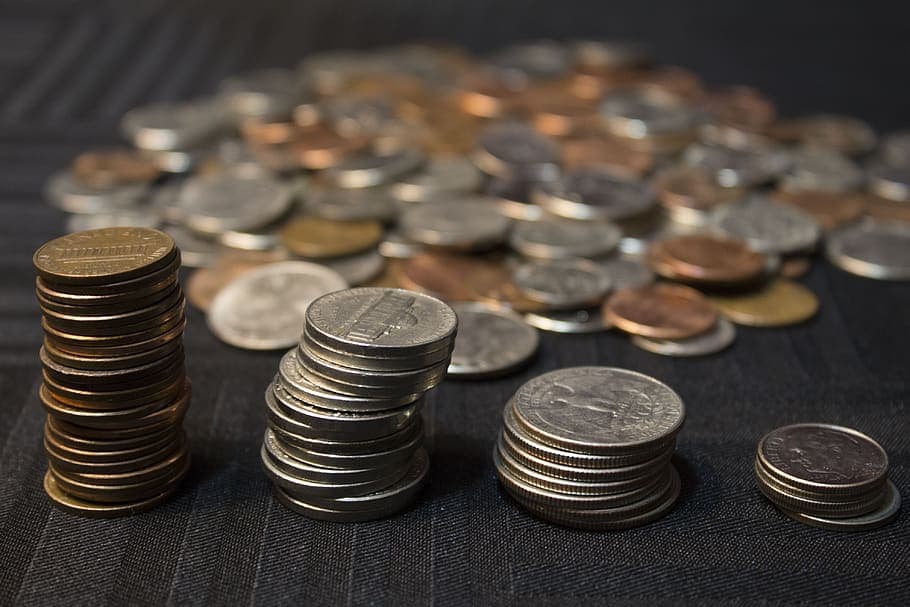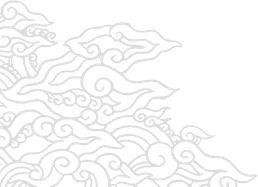Newsletter
27 June 2024
Government Issued First Cash Waqf-Linked Sukuk in 2020


The Government of Indonesia issued her first cash waqf-linked Sukuk or “CWLS” (Islamic bond linked to endowments) with total value of more than IDR 50 billion.
| Mirza Karim
On 10 March 2020, the Government of Indonesia issued her first Cash Waqf Linked Sukuk or “CWLS” (Islamic bond linked to endowments) with the total value of more than IDR 50 billion (the equivalent of approximately US$ 3.5 million). The proceeds from CWLS to be used for health facilities and health-care for poor-people in a hospital in Serang, Banten Province. The tenor is 5 (five) years with a return of 5% (five percent) per year. The first CWLS is called as “SW-001”.
CWLS is an Islamic bond (“Sukuk”) linked to endowments(“Waqf”). CWLS funds areintended specifically for social assistance, such as disaster relief efforts in areas hit by earthquakes, or public infrastructure projects.
Waqf (or awqaf in plural) is defined as holding an asset which is transferred by an asset provider (waqif) and with its usufruct provided for the benefit of the public. For centuries, waqf assets have typically involved the donation of a building, plot of land or other assets for charitable purposes with no intention of reclaiming the assets. In 2004, Law No. 41/2004 on Waqf was announced, followed by the Government Regulation No. 42/2006 as the implementing regulation. The Law on Waqf has opened up the opportunity to make waqf by cash money, either permanently or temporarily; and to manage waqf assets in a more productive way. In 2007, the Government established the Indonesian Waqf Board (“BWI”). The task of BWI are among others to empower the Waqf assets manager (“nazir”) in many ways, including the improvement of managerial skills in managing Waqf assets.
In 2008 the Government issued Law No. 19/2008 on Sovereign Sukuk (“Law on SBSN”). Sovereign Sukuk or “Sukuk Negara” are Islamicbonds issued by the Government in either Indonesian Rupiah or denominated in a foreign currency. The objective of such issuances is to issue shariah-compliant securities to finance the Indonesian State Budget. The issuance of Sovereign Sukuk should obtain prior approval from the Parliament together with the approval on the State Budget. Law on SBSN states the Government has the obligation to pay coupon and principle value for each Sovereign Sukuk; and the funds for the payment of coupon and principle value shall be allocated from the State Budget every fiscal year. It can be concluded that payment of coupon and principle value for each series of Sovereign Sukuk is the obligation of the Government and allocated in State Budget for every fiscal year up to maturity date. Unlike other Sovereign Bonds and due to its objective for social assistance, CWLS is non-tradable and issued through a private-placement. The Government through the Ministry of Finance will issue CWLS based on request of BWI.
In CWLS, the waqf providers will donate some cash money through a Waqf Manager (nazir), either permanently or temporarily, to be used for social purposes. The Waqf Manager then invests such cash waqf in the Sovereign Sukuk issued specifically for public projects, such as the building of roads, public markets, hospitals, schools, etc. The Government will build public facilities using the cash money from thewaqf. The Waqf Manager will receive a return during the tenor of the Sovereign Sukuk; and on the maturity date of the Sovereign Sukuk, the Waqf Manager will receive the principal amount back. If the CWLS is a temporary one, the waqf provider will receive the principal amount back; if the CWLS is a permanent one, the principal amount can be used by the Waqf Manager forother social projects.
The CWLS program will open an alternative for entrepreneurs in distributing their Corporate Social Responsibility Programs (“CRS”). Before the issuance of CWLS by the Government, entrepreneurscould donate their CSR Program funds to a certain charity project. Such donation is given permanently and no monthly return can be enjoyed by the receiver of the CSR. In the CWLS program, the CSR providers may donate cash waqf for a certain duration of the Sovereign Sukuk, and on the maturity date of the Sovereign Sukuk, they will receive the principal amount back; the Waqf manager receives a monthly return that can be used for maintenance of the Waqf assets or for operational purposes.
The CWLS may trigger a snowball effect in developing other waqf assets. Financially, BWI would get more financial resources to push the development of the Waqf sector much faster. It provides an effective and efficient collaboration in Waqf assets which serve as low-cost assets, since no acquisition cost is required,and would save a lot of government financial resources whilst keeping the same level of benefits to the public.The low-income society will enjoy more facilities in many ways.
According to BWI, the potential amount of cash-waqf in Indonesia may reach IDR 188 trillion (the equivalent of approximately US$ 11.4 Billion) per year. Although the potential is high, the realization of cash-waqf is still not optimal. The problem of cash-waqf stagnation lies at public understanding and Waqf managers who do not have the ability to develop the institution. Indonesian community has been familiar with waqf in the form of land and property. The value of land and property waqf in Indonesia alone is estimated at around 4,4-billion-meter square with the economic value of IDR 370 trillion (US$27 billion). However, to date, most of the waqf land is limited to use in schools, mosques or public graves. Massive socialization and campaign of CWLS are needed to attract entrepreneurs to put their charity funds into CWLS for the greatest benefit of the people.
